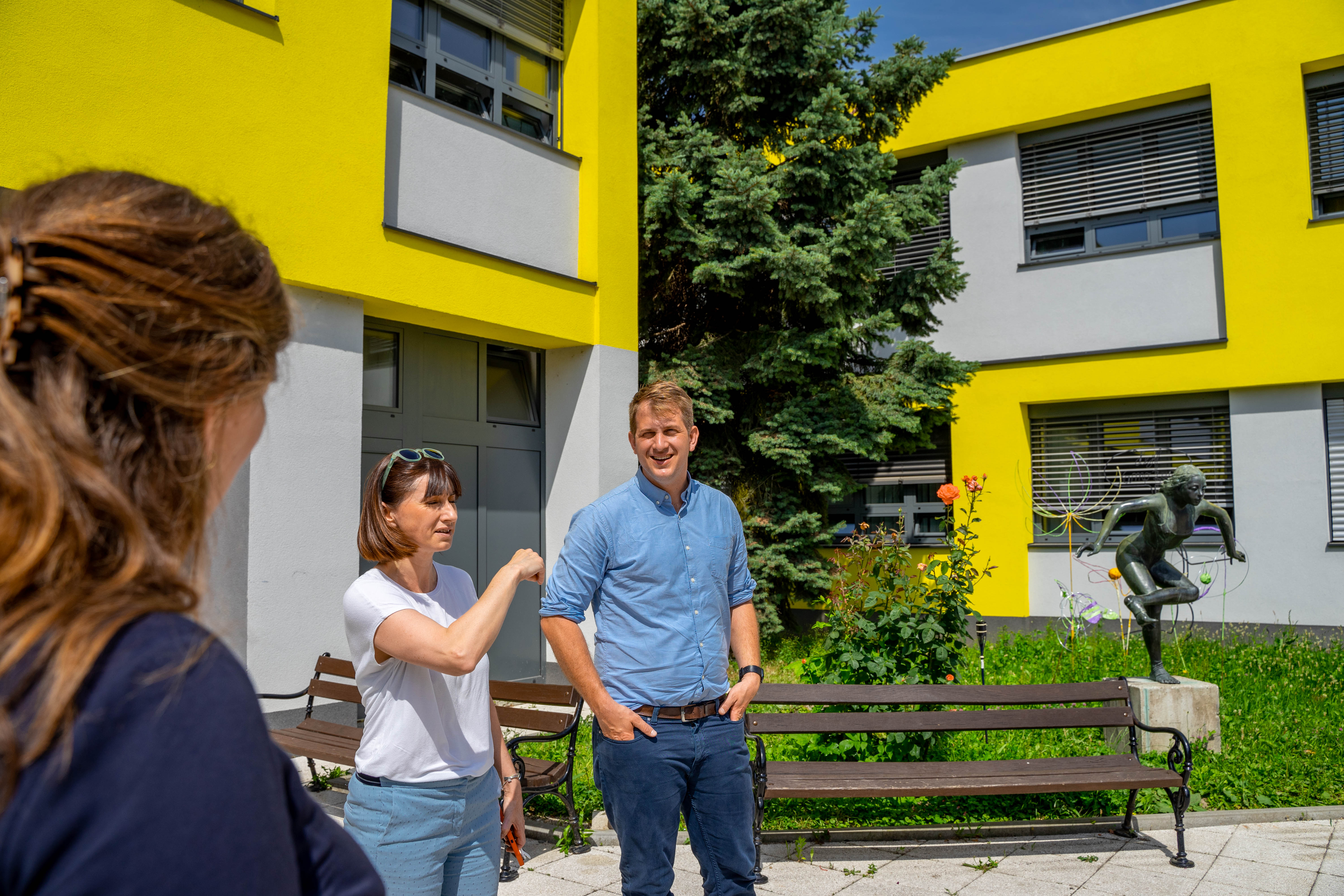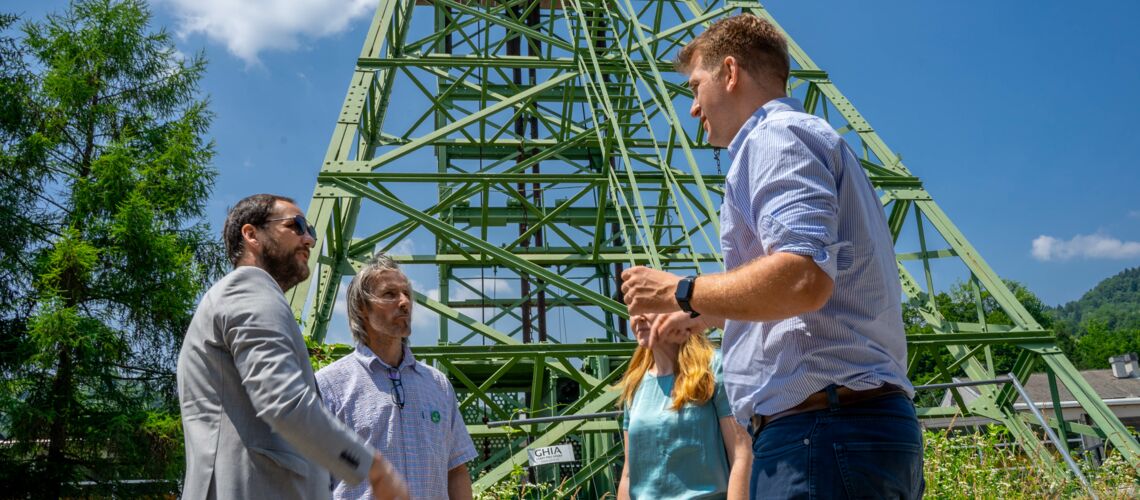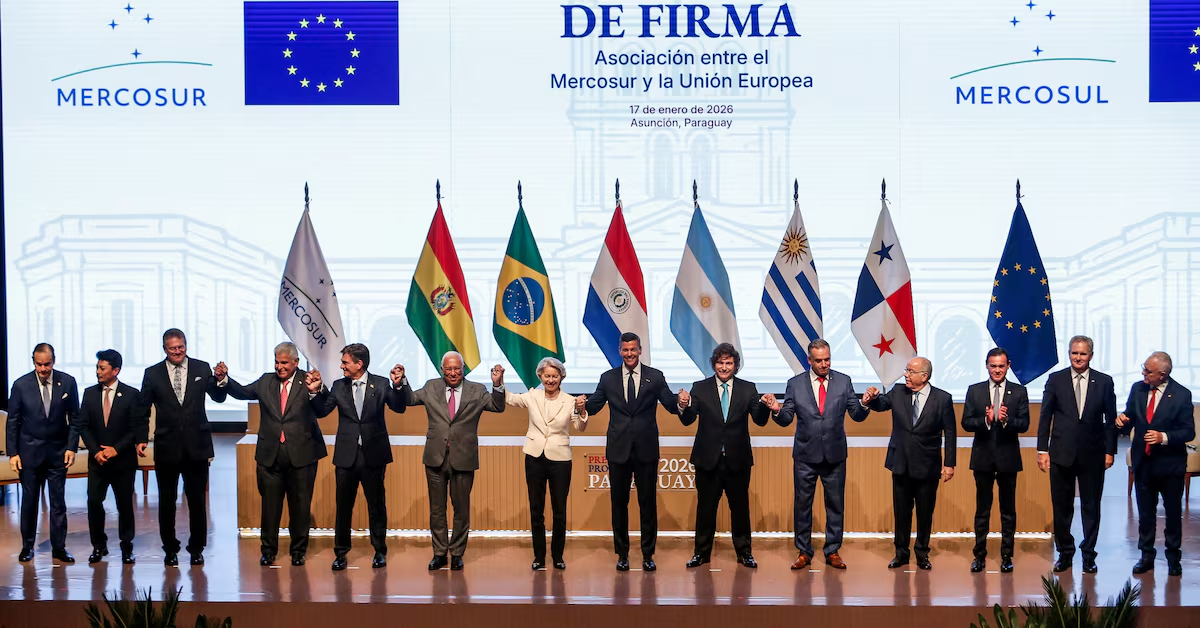From the melting glaciers in Austria to the solar power plant in Slovenia and wind energy in Poland. The climate crisis is not just an abstract threat, but a real change that is shaping our lives here in Europe and will have a lasting impact.
On my European Climate Tour, I travelled through Austria, Slovenia, Croatia, Hungary and Poland and met people who are working for climate change, for the preservation of our livelihoods and for a plural, democratic society.
I saw the dramatic consequences of the climate crisis on the melting glacier in Austria, felt the hope for a sustainable future in Slovenia, experienced the connection between climate protection and social justice in Croatia, supported the fight for democracy and climate protection in Hungary and discovered the potential of renewable energies in Poland.
What does the climate crisis look like in Europe? How are people reacting on the ground? How can we achieve the climate turnaround?

In Austria, I saw the shocking reality of glacier melt with my own eyes. Austria's largest glacier, the Pasterze, is dying.
Even if we immediately stop all emissions and get on the 1.5 degree path, it will melt completely by the end of the century. This was explained to me by the glacier researcher, Lea Hartl, from the Austrian Academy of Sciences. We have to do something. Here and everywhere, further, stronger and together, fight against the climate crisis. That is the task of our generation!

In Slovenia, we have experienced an inspiring change. In the former coal region of Hrastnik, the country's largest solar power plant has been built. The green transformation has taken root, and solar and wind are being developed as low-cost energy sources. After years of right-wing populism, an ecological and democratic turn has taken hold with a change of government. This is a glowing example of how things can go when the population stands up for democracy and climate protection. The young Green Party "Vesna" in particular gives me a lot of hope.

Croatia shows how it's done: climate protection and social justice belong together. In Zagreb, the Croatian Greens "Mozemo" won 40% in the last local elections, took over government responsibility and are rebuilding the city after corruption and nepotism. According to the principle: Ecological and social can only go together. They are renovating the building stock, building heat pumps and solar power plants. And in everything: hospitals, schools, kindergartens and social housing first. The weakest are supported the most. They systematically tackle energy poverty: cheap electricity tariffs, renovation programmes and direct social support. With energy cooperatives, they put the key to the energy transition in the hands of the citizens.

For years, we have seen how democracy, the rule of law and fundamental rights have been systematically dismantled in Hungary. With the rise of fascism comes the denial of man-made climate change and the blocking of climate protection. But there are courageous people and organisations fighting for freedom and climate protection.
Together with Green MPs from the Hungarian opposition, I have presented a programme for energy renovation and the expansion of renewables. With this, we put the focus on: climate protection must be socially just and the energy transition must benefit everyone. The mayor of Érd, non-party and in coalition with the Greens, is not giving up this fight, even though Orban has withdrawn financial resources and responsibilities from his city. This has shown me: We must not be discouraged, but should take an example from those who fight for a better future under these adverse circumstances.

In Poland, the government and the fossil fuel lobby work hand in hand. The PiS government has reserved 50 percent of the market for coal. If solar and wind power plants produce a lot of electricity, they are simply switched off - instead of taking the climate-damaging coal-fired power plants off the grid.
Nevertheless, there are many mayors who are pushing for the expansion of renewable energies and winning the support of their communities. I was in the Głuchów municipality near Warsaw, where the citizens almost unanimously support the expansion of wind and solar power plants. This is because the residents have a right to use 20% of the electricity produced there at low cost and the municipality shares in the revenue. Renewables are a win-win for everyone in the community.
In October, a new parliament will be elected in Poland and countless courageous people, like Urszula Zielińska, leader of the Green Party in Poland, are fighting for real climate protection and against the anti-democratic regime of the PiS party.
The road to a sustainable future is full of challenges, but we must not let it get us down. Only together can we take up the fight for a just and sustainable world. Despite great opposition, courageous people are forging ahead all over Europe. I return to Brussels with a lot of tailwind and hope.







